EDUCATION GUIDES
Scientific expertise delivered
Education Guides

Water activity 101: Moisture in cannabis
Achieve Optimal Moisture Levels: Monitor water activity to prevent mold, microbial growth & lost revenue. Improve your cannabis drying techniques.

Crop steering: The ultimate guide
Crop steering is a plant growth management practice that manipulates the environment and root zone (light, climate, irrigation) to encourage plants to grow a certain way.
Education Guides

Cannabis processors guide to moisture and water activity
Discover the optimal methods for hanging, drying, and curing your buds. Improve the quality and potency with our expert drying cannabis education guide.

The best cannabis cultivation books to get you growing
The best cannabis cultivation books to get you growing

Indoor cannabis cultivation: guide and best practices
A comprehensive guide breaking down the planning, preparation, and key considerations for growing cannabis indoors.
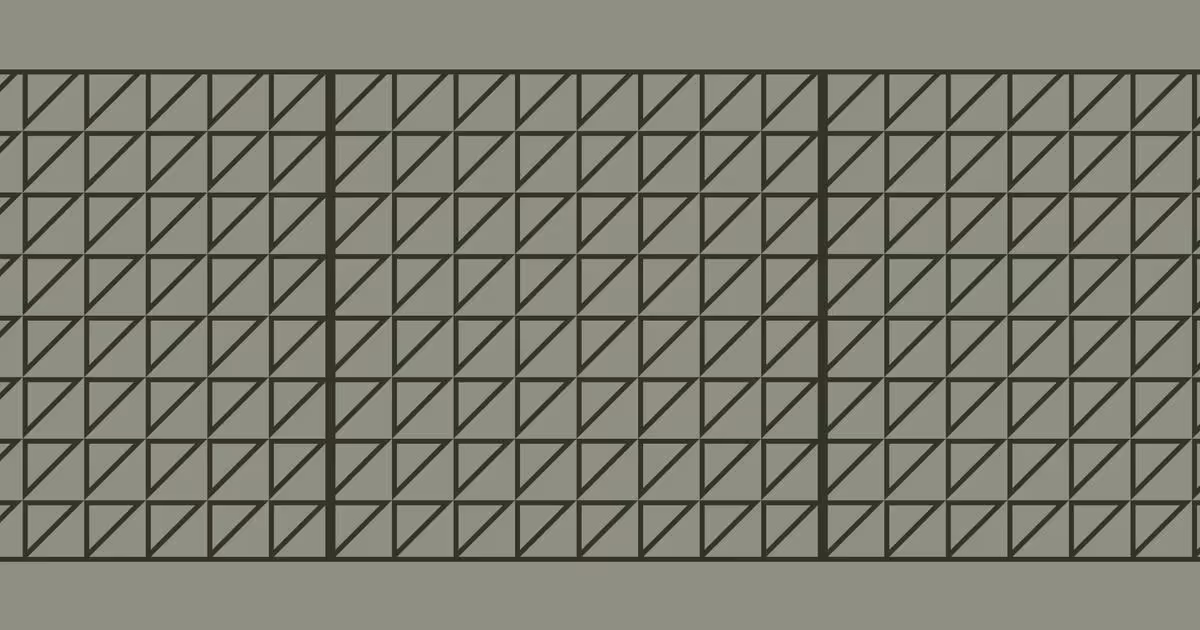
Recreational vs. medical cannabis: 4 key differences
Every state is unique, yet in general, here are a few common discrepancies.

How to improve cannabis bud quality using crop steering techniques
Growers are shifting their focus from improving cannabis yields to improving quality, and here’s how AROYA's crop steering can help.

Let’s talk about drying cannabis flower
Learn AROYA's best tips and tricks on drying marijuana and cannabis flower.

Terpenes and their potential health benefits
An article explaining what the science says about the therapeutic benefits of cannabis terpenes.

Troubleshooting common issues with indoor cannabis plants
An article explaining some of the familiar challenges cultivators face with their indoor gardens and how to address them proactively.

Getting more out of cannabis light intensity
Breaking down some of the ways growers can leverage light intensity for cannabis.

Preventing powdery mildew in cannabis plants
Discover how growers can prevent powdery mildew in their cannabis plants.

Effects of powdery mildew on cannabis plants
Learn what powdery mildew is and the effect it has on cannabis plants.

The benefits of analyzing and testing cannabis leaf tissue
Leaf tissue analysis for cannabis cultivators provides detailed nutrient data to improve growth and troubleshoot issues. Learn more.

Best practices for drying and curing cannabis
Discover the importance of drying and curing cannabis properly and explore best practices for achieving post-harvest success.

What cannabis cultivation data should you track when crop steering?
Learn how to leverage grow data for consistent, optimal cannabis crop steering and maximize yields at the cultivar level through data-driven strategies.

Cannabis nutrient burn: Signs, causes, and solutions
Discover how to identify, prevent, and treat nutrient burn in cannabis cultivation. Learn the causes, early signs, and solutions to maintain healthier plants and boost yields in your grow room.

Powdery mildew in cannabis: causes and prevention
A comprehensive guide exploring powdery mildew’s effects on cannabis plants and how to prevent it.

Maximizing yields with indoor cannabis cultivation
In this article, we’ll explore what cultivators should keep in mind when maximizing and increasing yields with indoor cannabis cultivation is the goal.

How to use cultivation data to spot problems in the grow
Jason walks through how he uses data defaults to find anomalies before they become issues.

The science behind terpenes and their role in cannabis
Discover how cannabis terpenes shape plant experience, therapeutic potential, and medical applications through their unique chemical properties and effects.

Comparing indoor and outdoor cannabis cultivation
Is it better to cultivate cannabis indoor or outdoor? The short answer: it depends.

How to improve terpene profiles with crop steering data
One of the most amazing benefits cannabis cultivators get when they utilize technology that allows for deep data collection is how much sight they can gain into their grows.

Four ways growers can always be compliance-ready
Discover four ways cannabis growers can leverage technology and data to improve their business while also operating in compliance.

Terpenes and the entourage effect
An article explaining how terpenes and cannabinoids interact to create what’s known as the entourage effect.

Why pot size matters in cannabis cultivation
Learn how proper pot sizing impacts cannabis cultivation success. Discover optimal container sizes for each growth phase and how they affect plant health, water retention, and labor efficiency in commercial growing operations.

Integrated pest management for cannabis cultivators
How to create an integrated pest management (IPM) plan for your grow? Learn 3 steps to a better IPM strategy for cannabis growers.

Factoring photomorphogenesis into your lighting strategy
When it comes to lighting, cultivators can learn a lot from keeping plant photomorphogenesis in mind.

Maintaining healthy indoor cannabis plants
Discover how to create optimal environmental and root zone conditions that keep cannabis plants healthy.

Uniformity in cannabis cultivation
An article explaining the importance of achieving uniformity in the substrate, the climate, and with each plant.

Choosing the right setup for indoor cannabis cultivation
Explore key considerations growers should keep in mind when choosing the right setup for their indoor cannabis cultivation.
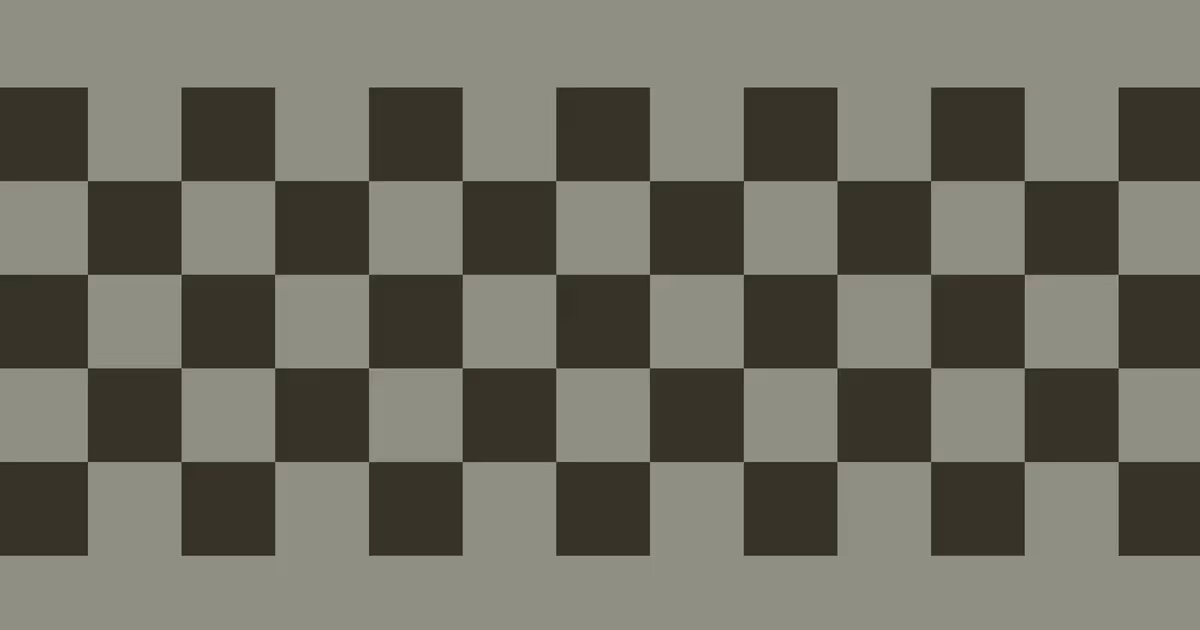
Irrigation control with AROYA
Discover what AROYA’s cannabis irrigation scheduling feature means for commercial cultivators.

Understanding under-canopy lighting
Explore the science and effectiveness of under-canopy lighting in cannabis cultivation. Learn how this innovative technique can boost yields by up to 25-35% while maintaining quality through a holistic approach to grow room management.

Six crucial inputs for optimal sativa cannabis cultivation
Indica and Sativa are generally more marketing labels than anything, yet there are differences between the two that cultivators should take note of.

Field capacity 101
Field capacity is the point after an irrigation event (or shot) at which a grow medium can no longer hold any more water. Learn how to test field capacity.

Water activity in cannabis testing guide
Discover how water activity and moisture content can help you hit the sweet spot in cannabis testing. Gain greater control with this content guide.
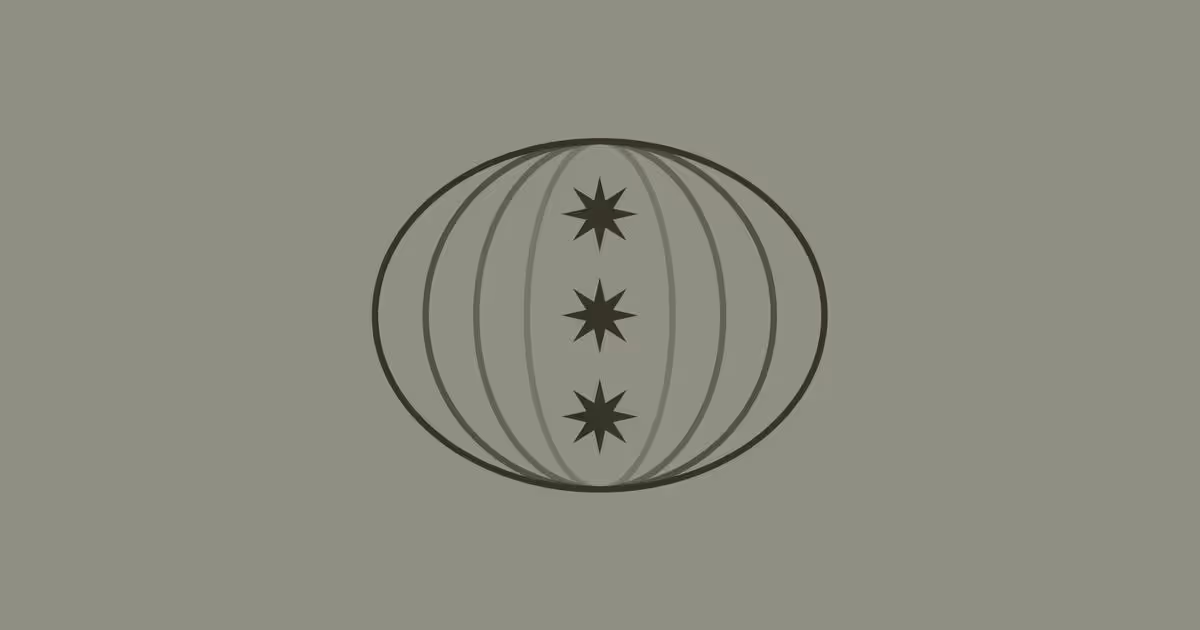
Causes of powdery mildew in cannabis plants
Explore the causes behind powdery mildew in cannabis plants.

Mastering matric potential
Discover how understanding matric potential can revolutionize your cannabis irrigation strategy. Learn to boost plant health, increase yields, and improve water efficiency in your grow operation.

Getting into the weeds of vapor pressure deficit (VPD)
Learn how Vapor Pressure Deficit (VPD) impacts plant growth. VPD measures air moisture and affects water movement and evaporation in plants.

Cannabis moisture sensor best practices
Best practices for using a moisture sensor on cannabis plants: Sensor density, installation, substrate inconsistencies, and regular maintenance are key.

Five crucial facts every grower should know about pH
Explore 5 key facts every cannabis cultivator should know about pH.
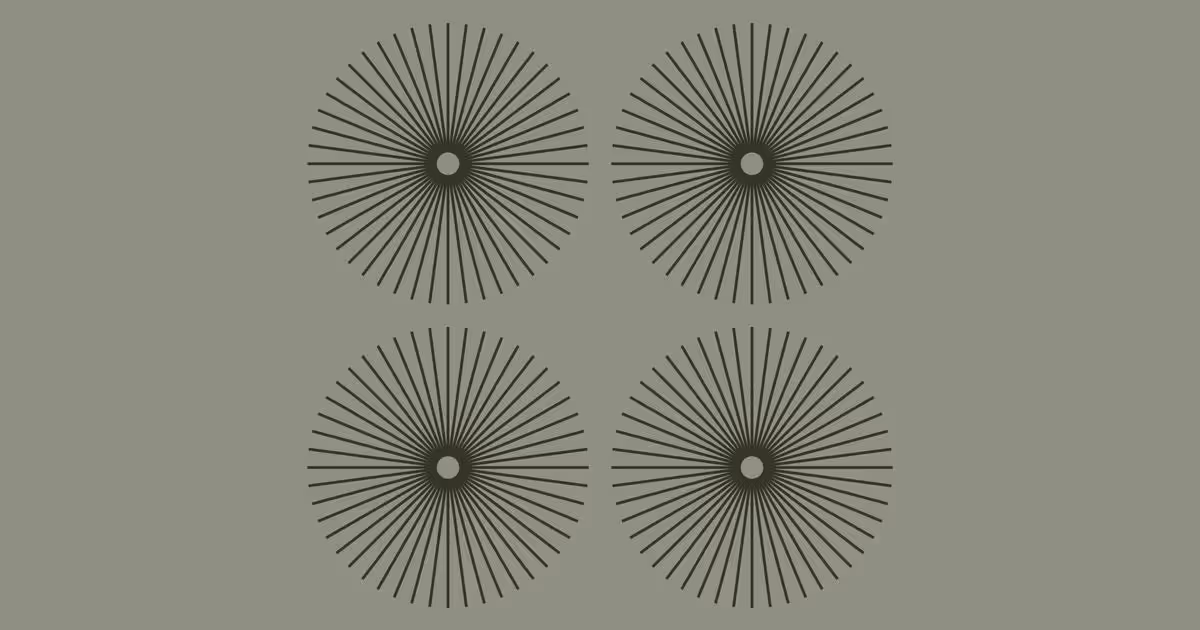
Understanding terpenes: Chemical properties and biosynthesis
Unlock the secrets of cannabis terpenes and their incredible medicinal properties. Dive into the science behind these aromatic compounds, their biosynthesis, and how they influence your cannabis experience. Explore now!

Crop steering: The simple summary
Explore this simple guide explaining the basics for cannabis growers new to crop steering.
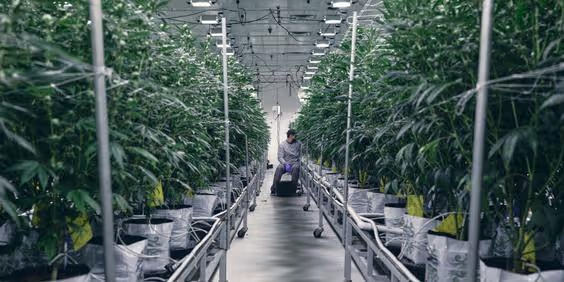
Automated greenhouses: Overcoming growers' biggest challenges
Discover how automated greenhouse solutions transform agriculture by overcoming growers' challenges with advanced automation technologies. Learn how they help in this article.

Rooting best practices
Discover essential best practices for rooting cannabis clones. Learn expert techniques for optimal grow mediums, environmental control, and irrigation strategies to maximize your cultivation success.

The Best Cannabis Substrate: Coco vs Rockwool
Coco vs Rockwool: Which is the best cannabis substrate? Here’s what to consider when choosing a substrate.
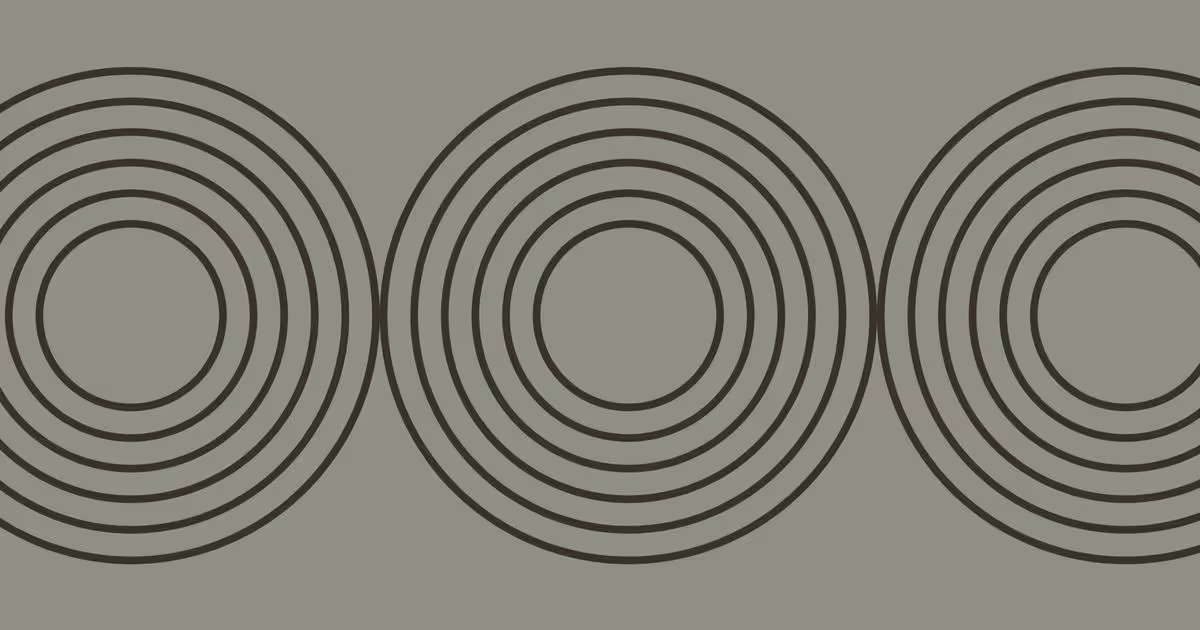
Getting to the root of cannabis runoff
Learn about runoff and how cannabis cultivators can use it to dial in their overall irrigation strategies.

A deep dive into daily light integral (DLI)
Discover the importance of Daily Light Integral (DLI) in optimizing plant growth. Learn how to calculate and manage DLI for maximum yield in controlled environments with expert insights on light intensity and duration.

Designing an efficient indoor grow room
Explore key considerations cannabis growers should keep in mind when designing an efficient indoor grow room.

Mastering dry backs: The key to optimizing yields and plant quality
Learn how to calculate and manage dry backs in crop steering to improve root health, nutrient uptake, and overall plant vitality. Optimize your dryback and irrigation strategy for better yields and quality.
